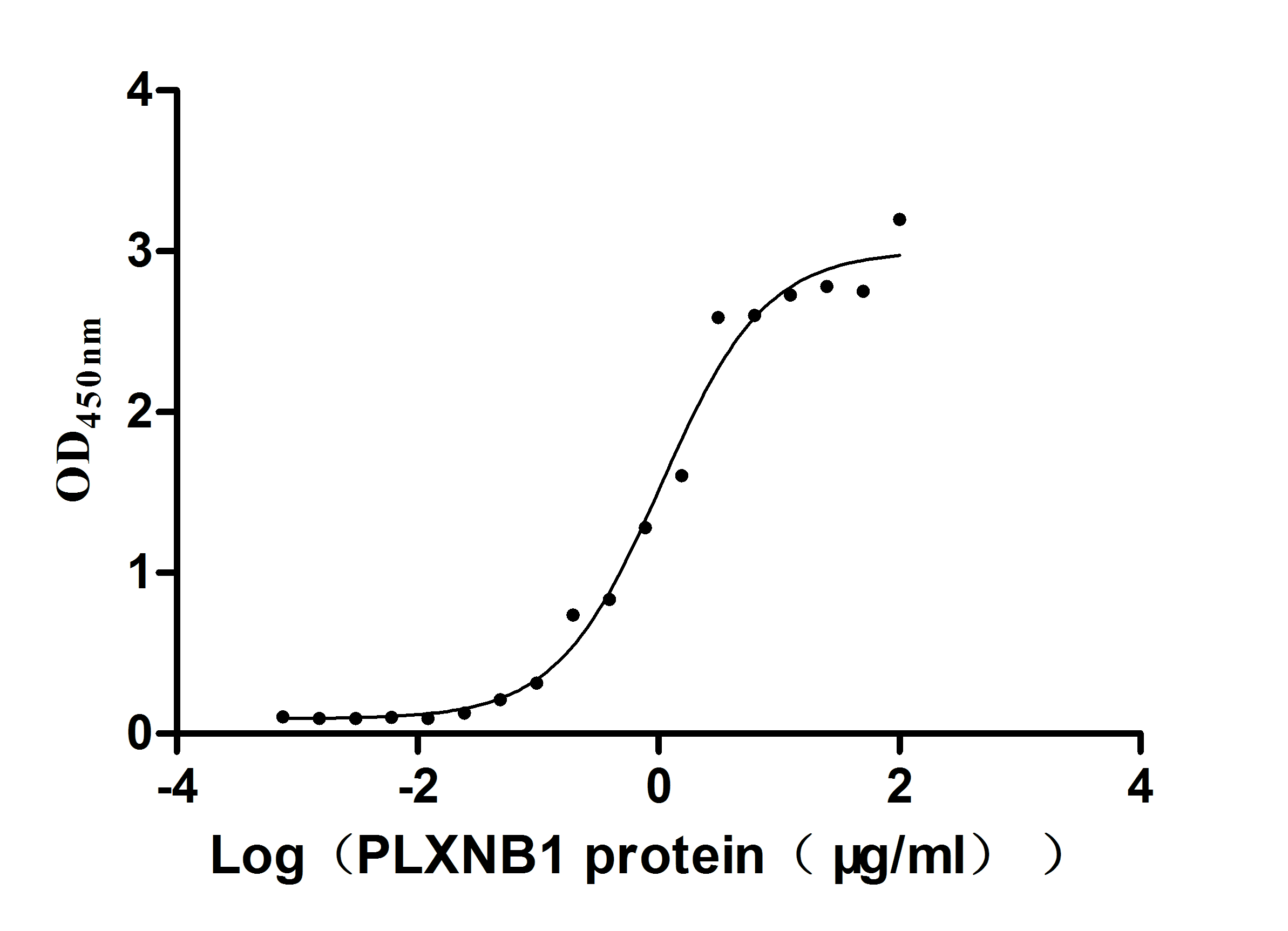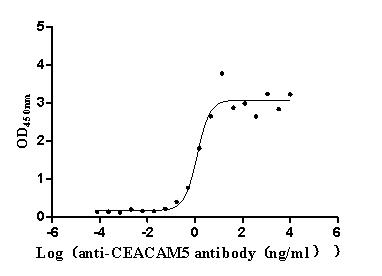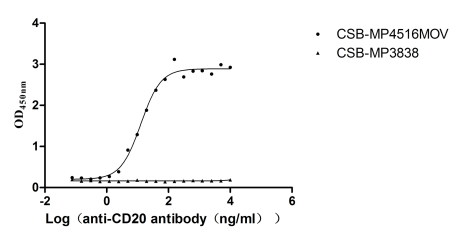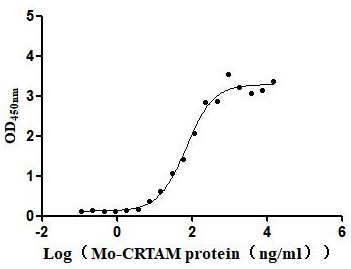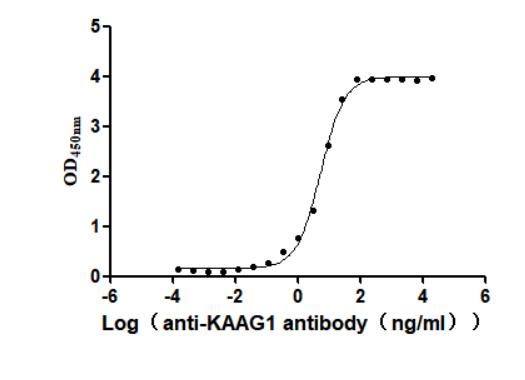Recombinant Rabbit Potassium voltage-gated channel subfamily S member 3 (KCNS3)
產(chǎn)品詳情
-
基因名:KCNS3
-
Uniprot No.:
-
別名:KCNS3; Potassium voltage-gated channel subfamily S member 3; Delayed-rectifier K(+ channel alpha subunit 3; Voltage-gated potassium channel subunit Kv9.3
-
種屬:Oryctolagus cuniculus (Rabbit)
-
蛋白長(zhǎng)度:full length protein
-
表達(dá)區(qū)域:1-491
-
氨基酸序列MVFGEFFHRPGPDEELVNLNVGGFKQSVDQSTLLRFPHTRLGKLLTCHSEEAILELCDDY SVADKEYYFDRNPSLFRYVLNFYYTGKLHVMEELCVFSFCQEIEYWGINELFIDSCCSNR YQERKEENHEKDWDQKSNDVSTDTSFEESSVFEKELEKFDQLRFGQLRKKIWIRMENPAY CLSAKLIAISSLSVVLASIVAMCVHSMSEFQNEDGEVDDPVLEGVEIACIAWFTGELAVR LVAAPCQKKFWKNPLNIIDFVSIIPFYATLAVDTKEEESEDIENMGKVVQILRLMRIFRI LKLARHSVGLRSLGATLRHSYHEVGLLLLFLSVGISIFSVLIYSVEKDDHTSSLTSIPIC WWWATISMTTVGYGDTHPVTLAGKLIASTCIICGILVVALPITIIFNKFSKYYQKQKDID VDQCSEDPPEKCPELPYFNIRDLYAQRVHAFITSLSSVGIVVSDPDSTDASSIEDNEDVY NTASLENCTAK
Note: The complete sequence may include tag sequence, target protein sequence, linker sequence and extra sequence that is translated with the protein sequence for the purpose(s) of secretion, stability, solubility, etc.
If the exact amino acid sequence of this recombinant protein is critical to your application, please explicitly request the full and complete sequence of this protein before ordering. -
蛋白標(biāo)簽:N-terminal 10xHis-tagged
-
產(chǎn)品提供形式:Liquid or Lyophilized powder Warning: in_array() expects parameter 2 to be array, null given in /www/web/cusabio_cn/public_html/caches/caches_template/default/content/show_product_protein.php on line 662
Note: We will preferentially ship the format that we have in stock, however, if you have any special requirement for the format, please remark your requirement when placing the order, we will prepare according to your demand. -
緩沖液:Lyophilized from Tris/PBS-based buffer, 6% Trehalose, pH 8.0
-
儲(chǔ)存條件:Store at -20°C/-80°C upon receipt, aliquoting is necessary for mutiple use. Avoid repeated freeze-thaw cycles.
-
保質(zhì)期:The shelf life is related to many factors, storage state, buffer ingredients, storage temperature and the stability of the protein itself.
Generally, the shelf life of liquid form is 6 months at -20°C/-80°C. The shelf life of lyophilized form is 12 months at -20°C/-80°C. -
貨期:Basically, we can dispatch the products out in 1-3 working days after receiving your orders. Delivery time may differ from different purchasing way or location, please kindly consult your local distributors for specific delivery time.Note: All of our proteins are default shipped with normal blue ice packs, if you request to ship with dry ice, please communicate with us in advance and extra fees will be charged.
-
注意事項(xiàng):Repeated freezing and thawing is not recommended. Store working aliquots at 4°C for up to one week.
-
Datasheet & COA:Please contact us to get it.
相關(guān)產(chǎn)品
靶點(diǎn)詳情
-
功能:Potassium channel subunit that does not form functional channels by itself. Can form functional heterotetrameric channels with KCNB1; modulates the delayed rectifier voltage-gated potassium channel activation and deactivation rates of KCNB1. Heterotetrameric channel activity formed with KCNB1 show increased current amplitude with the threshold for action potential activation shifted towards more negative values in hypoxic-treated pulmonary artery smooth muscle cells.
-
亞細(xì)胞定位:Cell membrane; Multi-pass membrane protein.
-
蛋白家族:Potassium channel family, S (TC 1.A.1.2) subfamily, Kv9.3/KCNS3 sub-subfamily
-
數(shù)據(jù)庫(kù)鏈接:
Most popular with customers
-
Recombinant Human Plexin-B1 (PLXNB1), partial (Active)
Express system: Mammalian cell
Species: Homo sapiens (Human)
-
Express system: Mammalian cell
Species: Homo sapiens (Human)
-
Recombinant Macaca fascicularis Membrane spanning 4-domains A1 (MS4A1)-VLPs (Active)
Express system: Mammalian cell
Species: Macaca fascicularis (Crab-eating macaque) (Cynomolgus monkey)
-
Recombinant Mouse Cell adhesion molecule 1 (Cadm1), partial (Active)
Express system: Mammalian cell
Species: Mus musculus (Mouse)
-
Recombinant Human Kidney-associated antigen 1(KAAG1) (Active)
Express system: Baculovirus
Species: Homo sapiens (Human)


